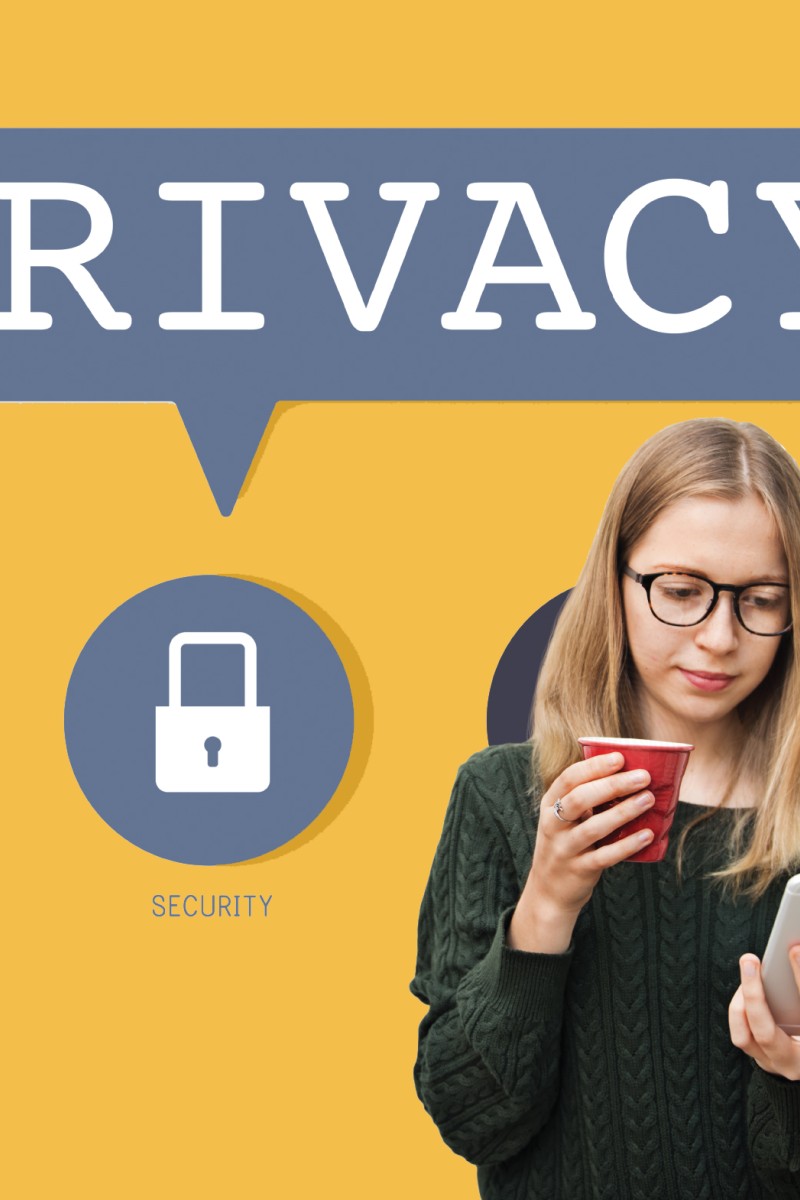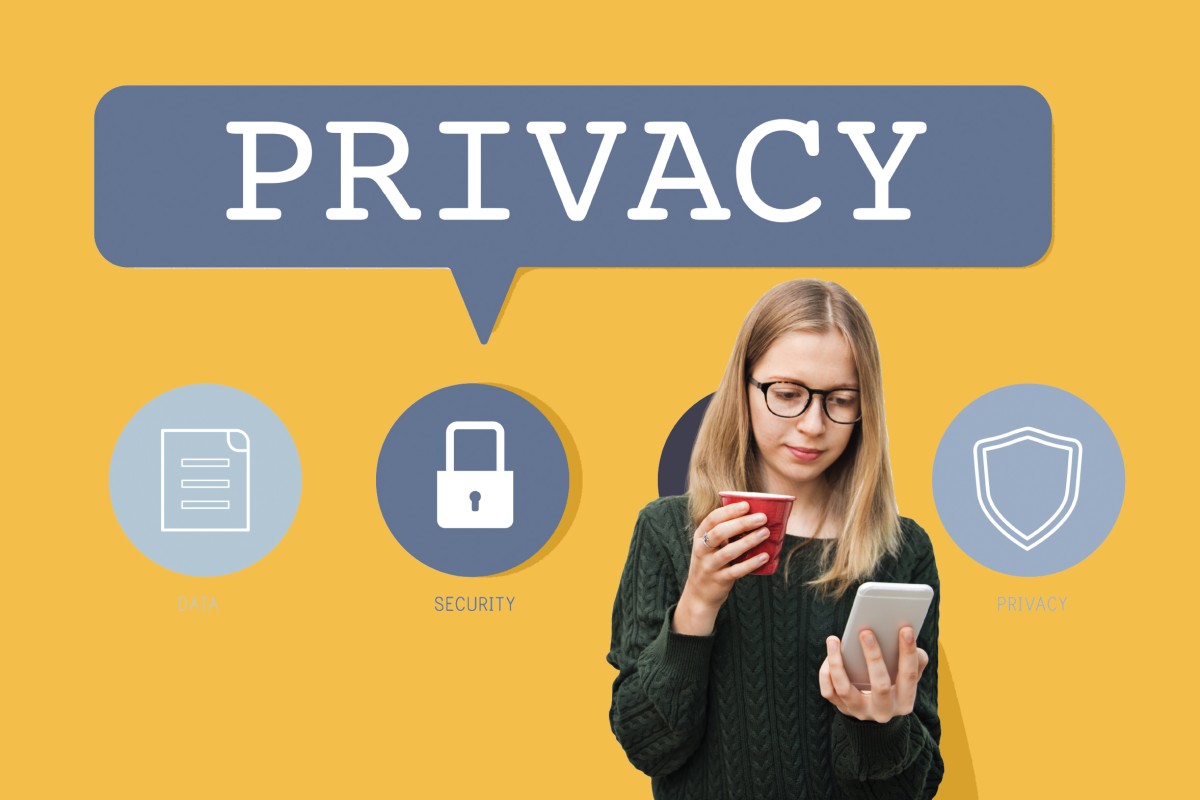
Take a look at your photo before you throw it up on the ‘Gram – are you giving away too much about yourself? Here's how to safeguard your privacy

We’re well aware that the internet is a powerful tool that can help us to gather information and connect with people from all around the world. While this can be used to our advantage, we must consider how it could also be used against us. Social media such as Facebook and Instagram, as fun as they are, can open you up to many dangers if you don’t use it carefully. Here are five tips for safe social networking.
Check your privacy settings
We often overlook this very important step when we set up social media accounts. The default for many platforms is to make your account as open to the public as possible. This is not what you want, unless you want the entire world to have your photos and personal information at their fingertips. The less private your account, the easier it is for people to stalk you. To avoid this and more serious dangers, make your account private so that only your close friends and family have access to your posts.
If you go into the privacy settings in Facebook, you can do a quick review of your privacy settings that should only take less than a minute to do. You might want to also consider setting your Instagram account to private so you can control who is able to see your pictures, especially if you post a lot of pictures of yourself or photos of your private life.
Adulting 101: a guide on how to stay safe and travel smart next time you go abroad
Know your friends
Setting your accounts to private won’t help if you accept everyone who wants to be your friend or follower. Yes, it can become something of a competition to see who has the most friends on Facebook, or it can become a goal to reach a certain number of followers on Instagram. But you need to weigh up the benefits of this with the risks. Think about all the information you’ve shared on your account and consider whether it’s wise to share all that with a complete stranger.
Think twice before you add someone that you don’t know, because they may not have the right intentions. Maybe you met this person at a party once, or perhaps you went to kindergarten together, or hey, you may have never seen this person in your life, but you have three mutual friends! – does that really mean they should be allowed to see everything you’ve been up to?
Even with professional social networking sites such as LinkedIn, you need to be careful about connecting with people you haven’t met before. You might fear you’ll miss out on some amazing opportunity if you don’t, but there are many accounts made by scammers who are after users’ personal information or money. At the very least, try to verify the person before you connect with them. Do a quick Google search to see if they really work for the company they say they do, or if they even exist. It’s always good to network with professionals, but being connected to someone with a bad reputation could ruin an opportunity or cost you a job as much as being connected to someone with a good reputation could help you.
5 social media detox tips that will make you want to switch off your phone and go outside
Avoid posting TMI
Even if you have your accounts set to private, and only add people you know personally, it’s always better to not give too much away online. There may still be hackers out there who would be able to get access to your private posts and information. Avoid giving away personal details such as your full name, date of birth, phone number, or home address. Having this sort of information online puts you at risk of identity theft and, in the wrong hands, could even be used to hack your personal or banking account.
Censor your photos
It may seem harmless to post a picture of your boarding pass at the airport, or of a postcard or special package that arrived in the mail for you. But be aware that these things show your personal information such as your name and address that should not be shared with the public. You can easily edit your photo and use a paint tool to colour over the parts you don’t wish to share, stick a cheeky emoji over it, or simply use your thumb to cover the area as you take the picture.
For obvious reasons, you should avoid posting any pictures of your HKID, ATM card, driving licence, or student ID. You’d be surprised how many people do it. We understand you may be excited about passing your driving test or that you got into your dream university. But, if you must post a celebratory picture, make sure your personal information is hidden or unreadable.
Sending your location
Avoid letting people know where you are, or where you’re planning to be, on social media. You might be itching to
tell people about the concert you’ll be going to next week, or where you’ll be holidaying over the summer, but if you did, you might as well be telling a burgler when best to break into your flat, or when a stalker should join you.
Geotagging is great. It allows you to let people know which foreign country you’re in, or which restaurant you’re having dinner at. But if you insist on adding your location to your post, it would be safer to wait until after you’ve left the specified location before it goes public. Similarly, when checking into a place on Facebook, it’s best to do it just before, or after you leave the spot. That way you can still share your whereabouts without putting yourself at risk.
Remember, your safety is not worth any number of likes on a post.
Edited by Ginny Wong
tags: internet, social media, Facebook, Instagram, online safety, adulting 101, LinkedIn, Nicole Moraleda
